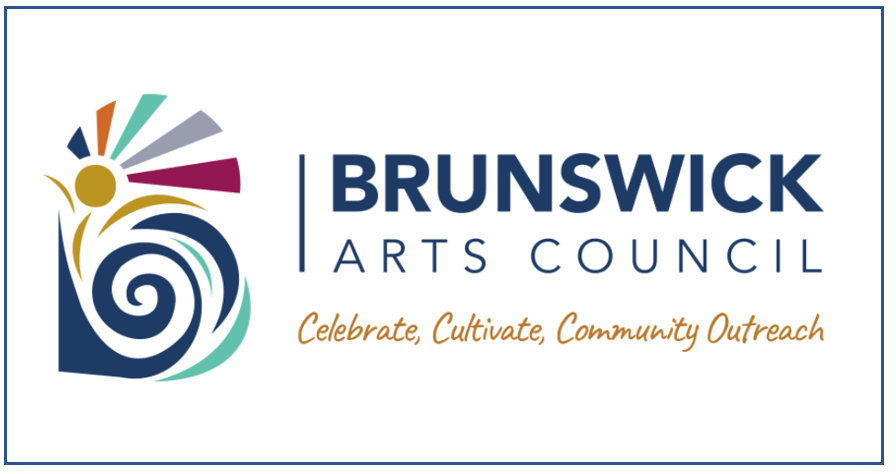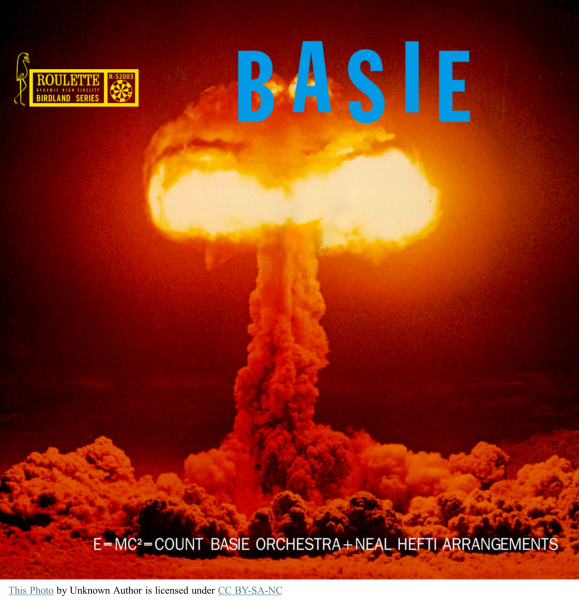Sharp Edges, Invisible Scars
July 31, 2022
Preparing dinner one night, I cut the top of my thumb with a serrated knife. The incision didn’t register until droplets of blood suddenly appeared on the cutting board, giving the minced onions a pinkish hue. Not again! After rinsing my hand under the kitchen faucet and securing a Band-Aid, I resumed the meal prep. Given the cut’s vulnerable location, it took over a week to heal, leaving another small scar on my long-abused hands.
My ineptness with sharp objects is laughable, given that I come from a long line of German cutlers. In 1869, my mother’s great grandfather, Gottlob Eisele, founded a small cutlery shop—Messerschmied Eisele—in Waiblingen, just outside Stuttgart. (Eisele is a common name in that region and designates people who originally worked with iron.) Besides knives, they’d sharpen and repair scissors, swords, gardening tools, and sewing equipment. His second-oldest son inherited and subsequently expanded the business over forty years. The family-owned shop passed through two more generations of sons until the family shop could no longer compete with today’s market of mass-produced goods. It finally closed in 2018 after 149 years.
My grandfather—Erich Eisele—was also a lifelong grinder, but it wasn’t the whetstone that left him most scathed. His mother died in childbirth when he was four, and his first stepmother passed away when he was 10. Various anecdotes suggest that he grew up fast, often protecting his younger brother from their parent’s cruelty.
The post-WWI economic crisis forced my grandfather to leave Waiblingen in search of work. Despite falling in love with a girl from Bavaria, he could not marry her without a steady job. In early 1929, a friend sponsored his emigration to the United States, where he found work at a cutlery shop in New York City. Despite the Stock Market crash, tailors, butchers, and furriers still needed sharp tools. Erich worked fourteen hours a day, seven days a week, to save money and send for his finance.
My grandfather and his wife had only one child—my mother—before his wife was diagnosed with tuberculosis. After spending several years in two sanatoriums, she finally succumbed to the disease. Erich never remarried. Years later, after a second heart attack, he moved in with us on Long Island. He was in his early 60s and still fairly spry, always finding something to fix, something that would keep his hands busy. Then one Saturday morning, Erich collapsed from a third heart attack on our kitchen floor. He was only 65. A lifetime of loss and longing, of repeated emotional cuts, had finally scarred his heart beyond repair.
Fearful I will one day slice off a finger, my husband buys me a 12″ Mezzaluna—a half-moon blade that I operate by holding the two end knobs and rocking the edge back and forth in a seesaw motion. I can now mince onions, garlic, and herbs lickety-split. It’s safe, almost risk-free, but I can’t help thinking I’m cheating, that I’ve not paid my dues. Yes, I’ve been under the knife for various breast surgeries, but the scars have faded and are now a part of my identity. Three years ago, Mohr’s surgery to remove a small squamous cell near my nose left a five-inch scar along the inside of my cheek. The lesion is still visible, the small blood vessels turning red with the cold. I’m not happy about it but how can I complain? These are relatively small nicks on an otherwise sweet life.



















